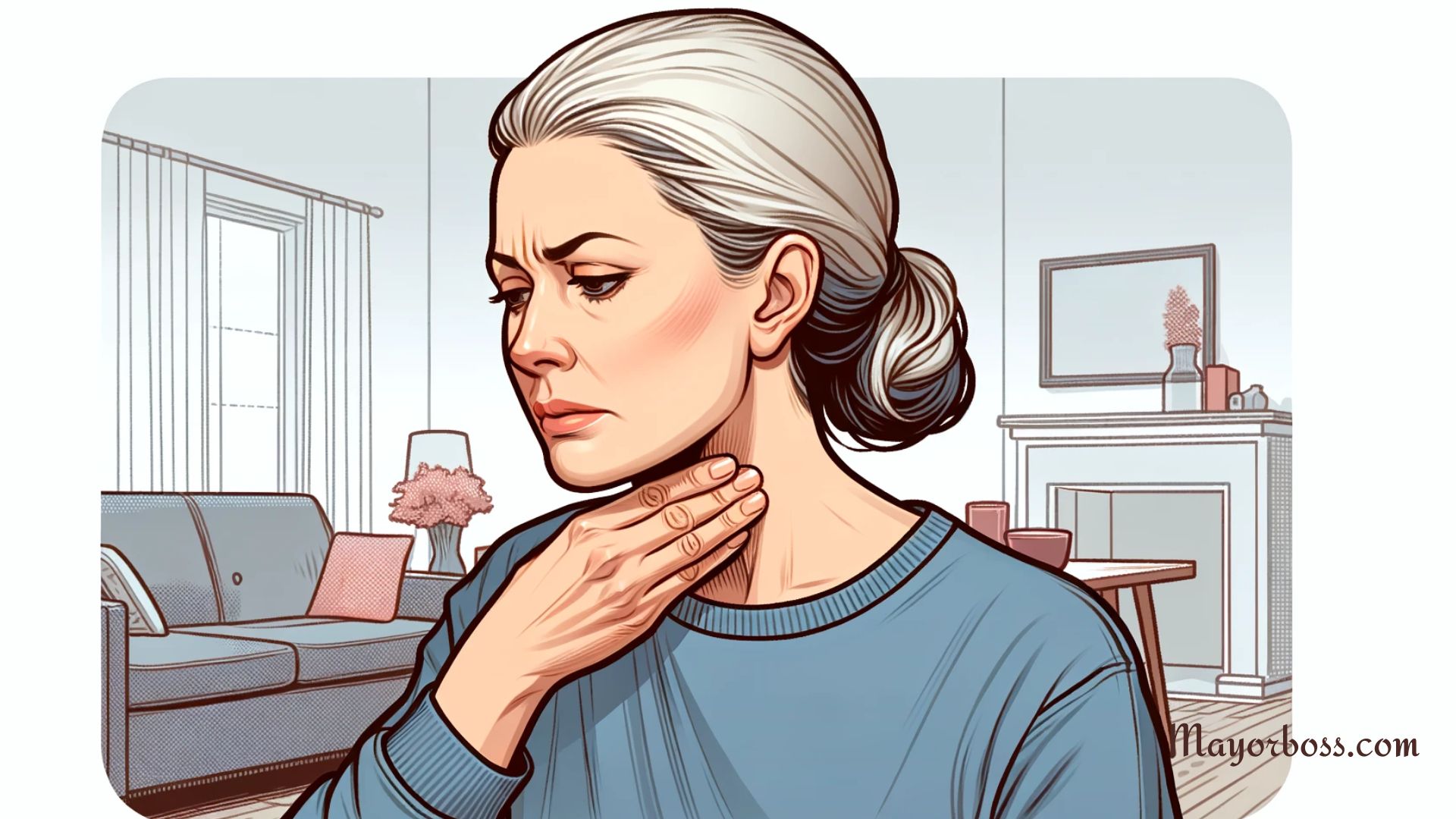What It Means When Your Heart Skips a Beat
Have you ever felt like your heart just skipped a beat? It’s a curious sensation, isn’t it? One moment, you’re going about your day, and the next, there’s this odd flutter in your chest. It’s as if your heart is a mischievous child playing hopscotch inside you. But what does this really mean for your health? In this article, we will loook at what it means when it feels like it’s skipping a beat.

Understanding the Heart’s Rhythms
Your heart is an extraordinary organ. It’s like the conductor of an orchestra, ensuring that blood is pumped rhythmically and efficiently throughout your body. This rhythm, known as your heartbeat, is usually steady and consistent. However, sometimes you might experience what is called a palpitation, a sensation that your heart has skipped a beat.
The Science Behind Your Heart Skips a Beat
Palpitations are often caused by what’s known as premature beats. These are extra heartbeats that disrupt your heart’s regular rhythm, causing a sensation of a flutter, a skipped beat, or even a brief pause. They originate from two main areas of the heart: the atria (premature atrial contractions or PACs) and the ventricles (premature ventricular contractions or PVCs).
Why Does Your Heart Skip a Beat?
There are several factors that can contribute to these early beats:
- Stress and Anxiety: Just as you might stutter when nervous, your heart too can have a momentary hiccup in its rhythm when you’re stressed.
- Caffeine and Alcohol: Love your coffee or enjoy an occasional drink? These can sometimes jolt your heart’s rhythm, much like they jolt your brain.
- Hormonal Changes: Particularly in women, hormonal fluctuations can play a role in heart rhythm irregularities.
- Medication: Certain medications can have side effects that affect your heartbeat.
- Lifestyle Factors: Lack of sleep, dehydration, or even heavy exercise can sometimes cause your heart to skip a beat.
- Heart Conditions: Including arrhythmias, heart disease, heart valve issues, or heart muscle changes.
- Other Medical Conditions: An overactive thyroid (hyperthyroidism), low blood sugar, anemia, low blood pressure, fever, or dehydration can make your heart skip a beat.
When Should You Worry?
Most of the time, a skipped beat is like a hiccup – annoying but not harmful. However, if you notice these symptoms frequently, or they’re accompanied by dizziness, shortness of breath, chest pain, or fainting, it’s time to pay your doctor a visit. These could be signs of a more serious condition, such as arrhythmia or heart disease.
The Role of Regular Check-Ups
Even if you’re not experiencing any troubling symptoms, regular check-ups are crucial. Think of them as routine maintenance for your body’s most vital engine. Your doctor can keep track of your heart’s health and catch any potential issues early.
Preventing Heart Skips
While you can’t always control when your heart decides to dance out of rhythm, there are steps you can take to minimize the chances:
- Manage Stress: Activities like yoga, meditation, or even a simple walk can help keep stress at bay.
- Monitor Intake of Stimulants: Be mindful of your consumption of caffeine and alcohol.
- Stay Hydrated and Rested: Keep your body well-hydrated and ensure you get enough sleep.
- Regular Exercise: Maintain a healthy exercise routine, but be mindful not to overdo it.
Frequently Asked Questions
How common are heart palpitations?
Heart palpitations are quite common and often not a cause for concern. Many people experience them at some point in their lives.
Can anxiety cause my heart to skip beats?
Yes, anxiety can trigger palpitations or the feeling of a skipped beat. Stress and anxiety can affect your body in numerous ways, including your heart rhythm.
Should I avoid exercise if I experience skipped beats?
Not necessarily. Exercise is important for heart health. However, if you’re experiencing frequent palpitations, especially during exercise, it’s important to consult with a doctor to understand the underlying cause.
In Conclusion
Most palpitations are transient and harmless. However, if they are recurrent, persistent, or accompanied by other symptoms of heart disease, it’s important to seek medical evaluation. In some cases, further investigation with an ECG, Holter monitor, or other diagnostic tools might be necessary to assess the heart’s rhythm and function.






